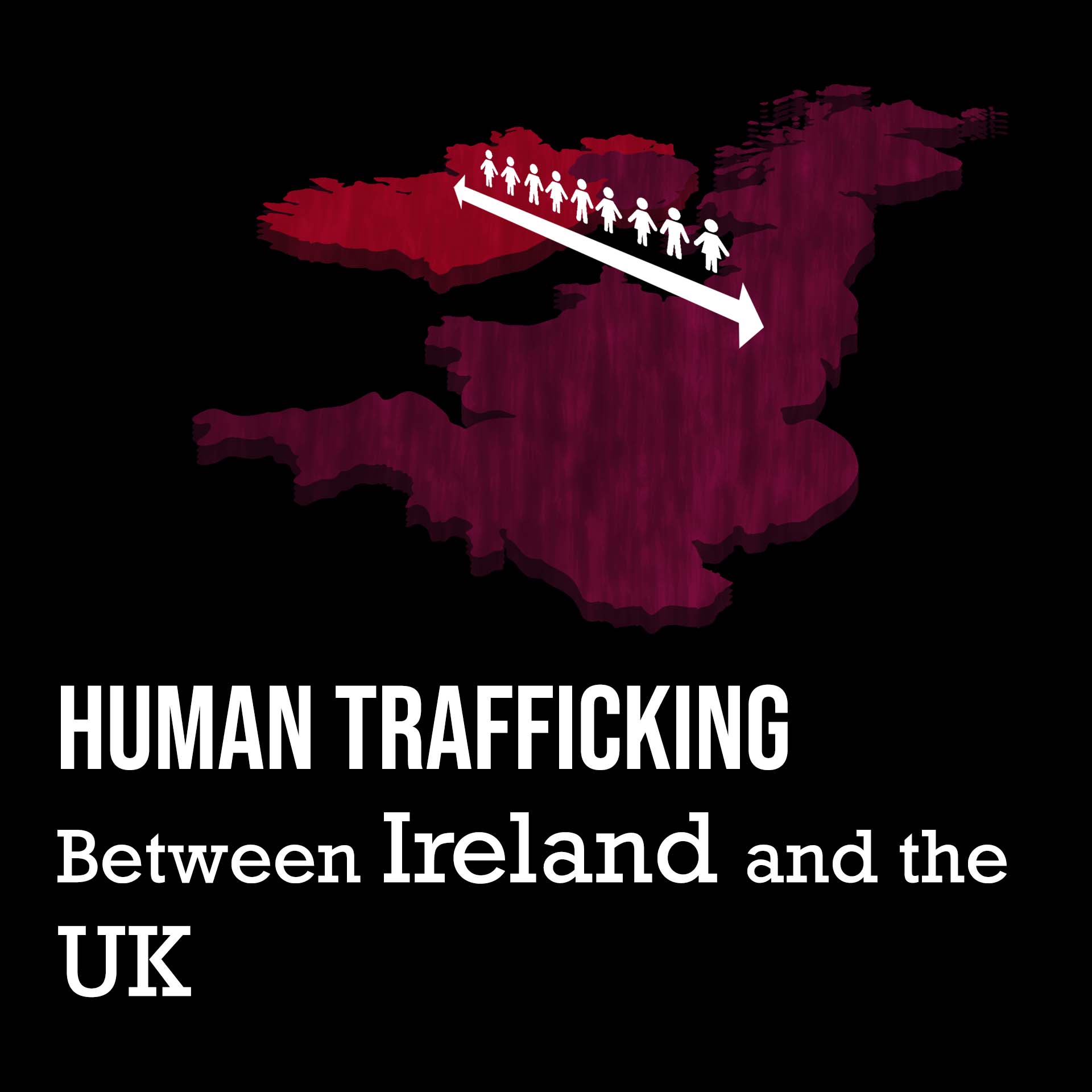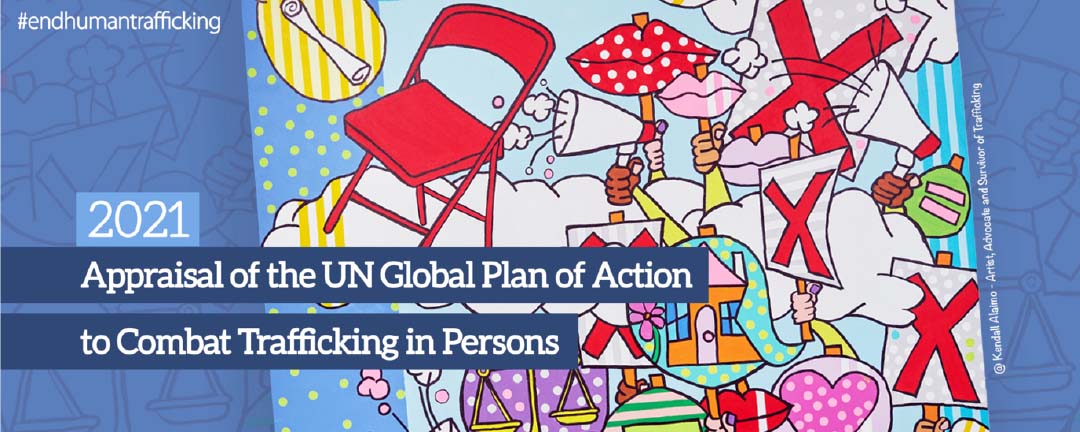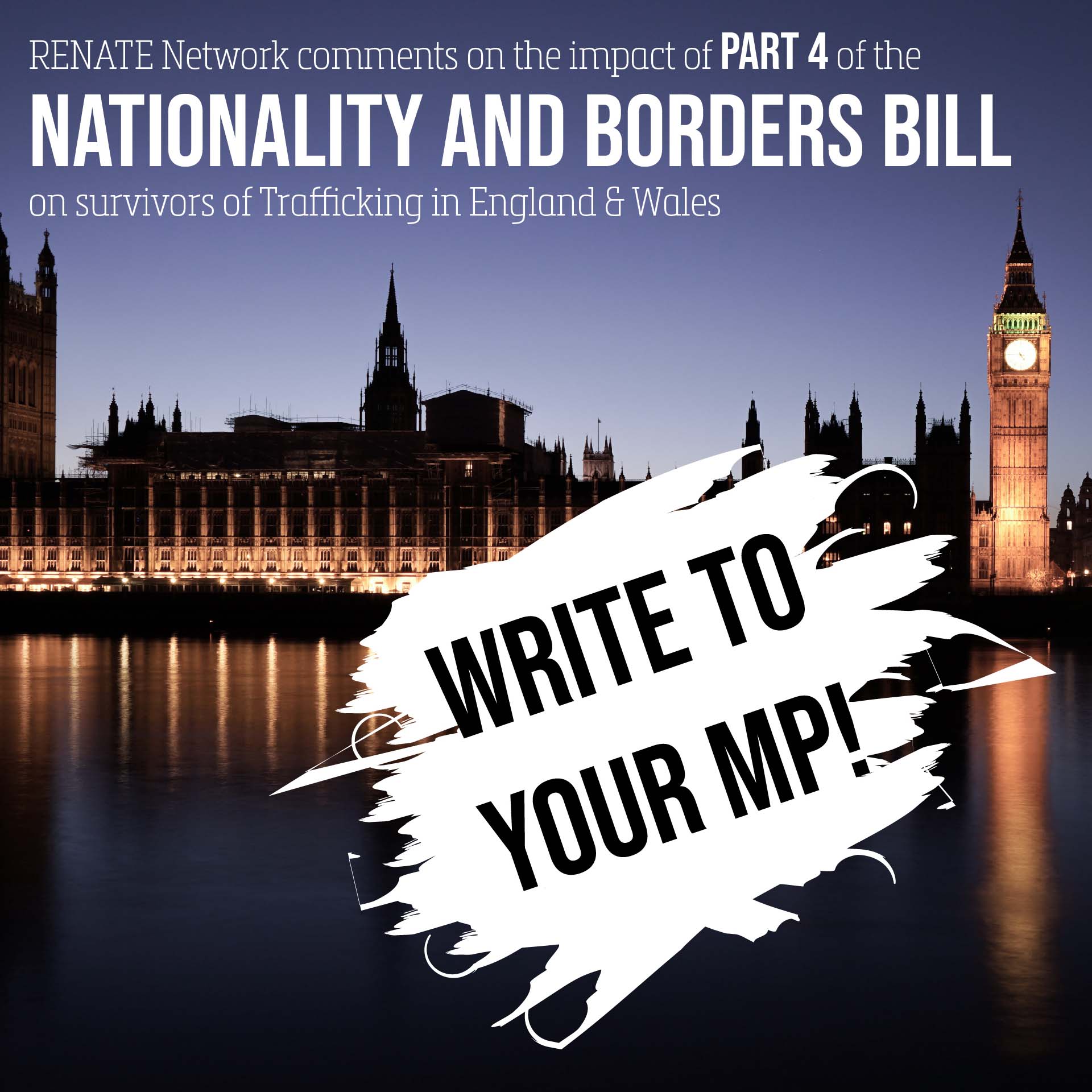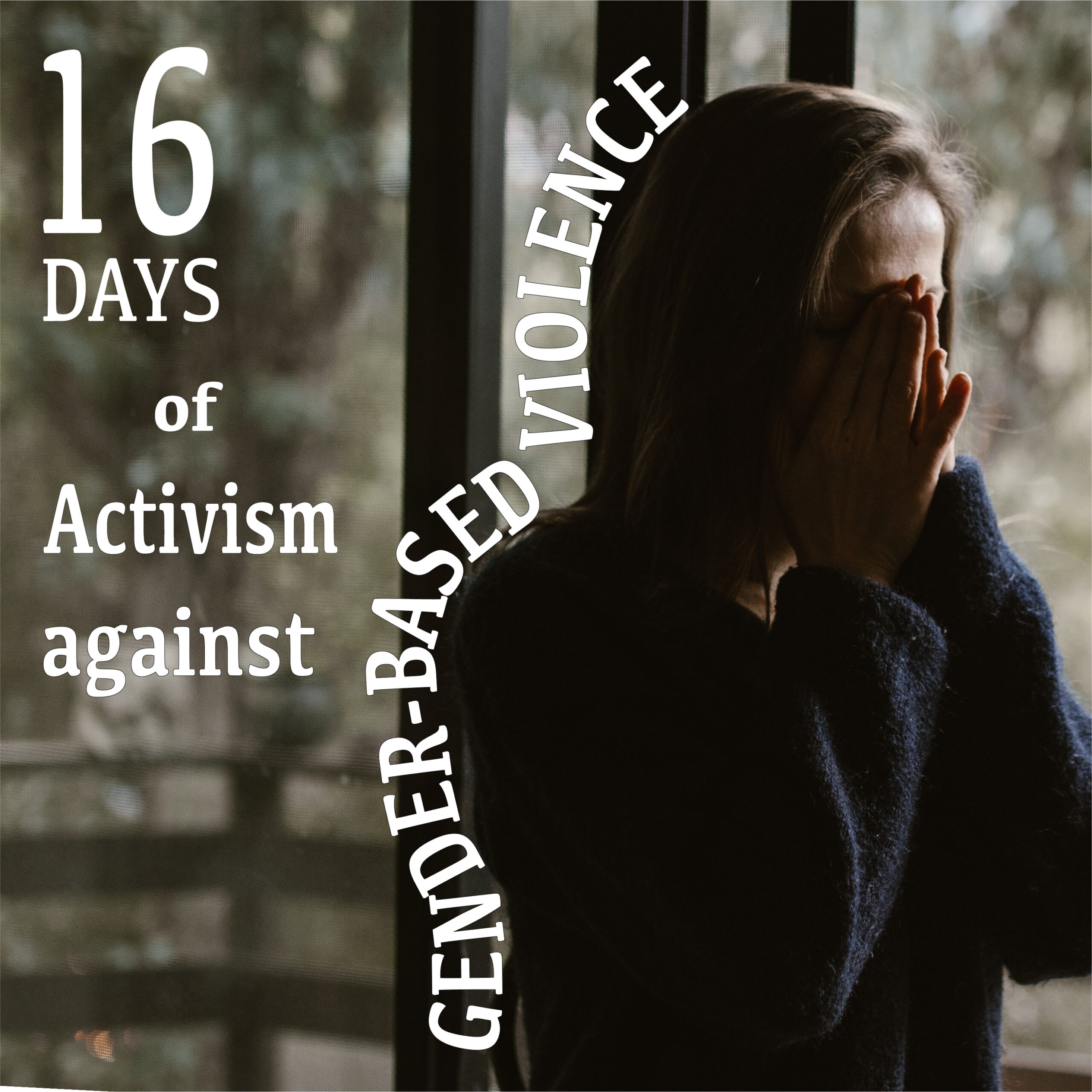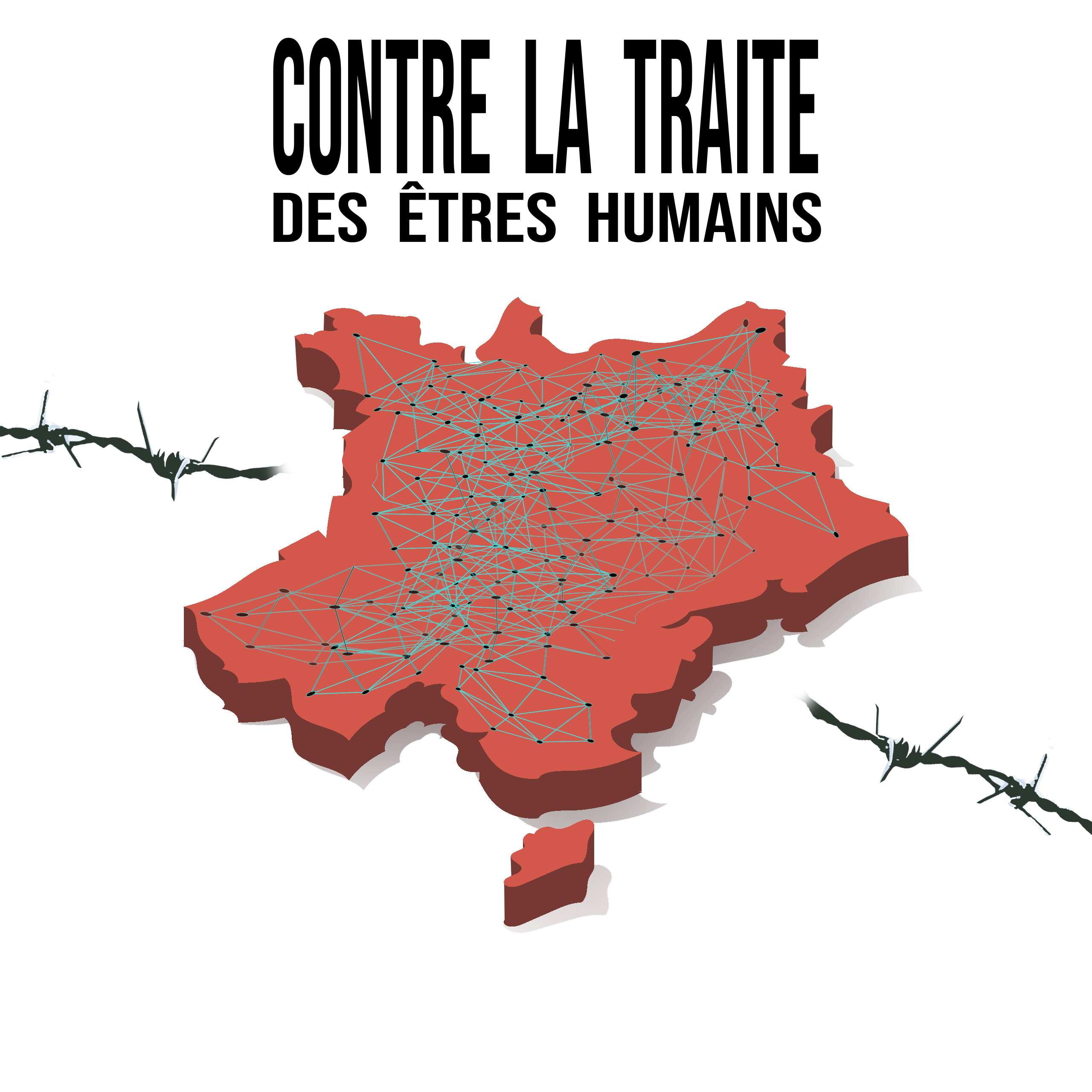On December 8th SAR Consultancy in Ireland hosted a very informative online seminar as part of the Irish Security Series at which the subject was modern slavery and human trafficking within Ireland and the UK.
The event was chaired by Dr James Windle – Director of Criminology – UCC Department of Sociology and Criminology. Four experts in the field were invited to speak and very eloquently shared from their perspectives of law enforcement, academia and global leadership about the current issues and challenges in the fight against this very serious crime.
The panel included :
- Dr Carole Murphy – Acting Director, Bakhita Centre for Research on Slavery, Exploitation and Abuse (BCRSEA) – St. Marys University, UK
- Dr Cliodhna Murphy – Associate Professor – Maynooth University
- Assistant Commissioner Anne Marie Cagney, An Garda Síochána
- Kevin Hyland OBE, former United Kingdom’s Independent Anti-Slavery Commissioner,
Throughout the seminar the audience heard about the crimes recorded, cases brought to trial and victims who have been helped, as well as research initiatives that are currently underway, specifically looking at the care for British nationals in the UK within the National Referral Mechanism and pathways to support.
As neighbours, the UK and island of Ireland share many of the same concerns around the exploitation of men, women and children in forced labour situations, such as the fishing industry in Ireland, car washes, the cleaning and care sectors and other areas, as well as forced criminality through drug cultivation, distribution and dealing. Sexual exploitation is also a reality both sides of the Irish Sea. In the UK the prevalence of ‘county lines’ continues to be a huge concern to police, local authorities and civil society.
In Ireland the Garda currently has over 100 suspects and crimes being investigated. Assistant Commissioner Cagney stated that “trafficking into the Republic was being driven by an “increased demand for cheap labour and sexual services”. Irish “society needs to understand that trafficking in human beings generates profits”. The darknet and internet strengthened the capability of crimes gangs involved in trafficking. It also offered them anonymity which was “the perfect ground for human traffickers” as it allowed them to operate “in the shadows”.
Kevin Hyland OBE shared about a case in which a woman who was trafficked into the Republic was then caught with 1 million Euro worth of drugs and initially held in custody. “The organised criminals behind [these crimes] – the ones who rented the premises, the ones who organised the €1 million worth of drugs – these are not Vietnamese nationals. Some of them, it’s believed, are foreign nationals and most of them are believed to be Irish nationals.”

.png)





